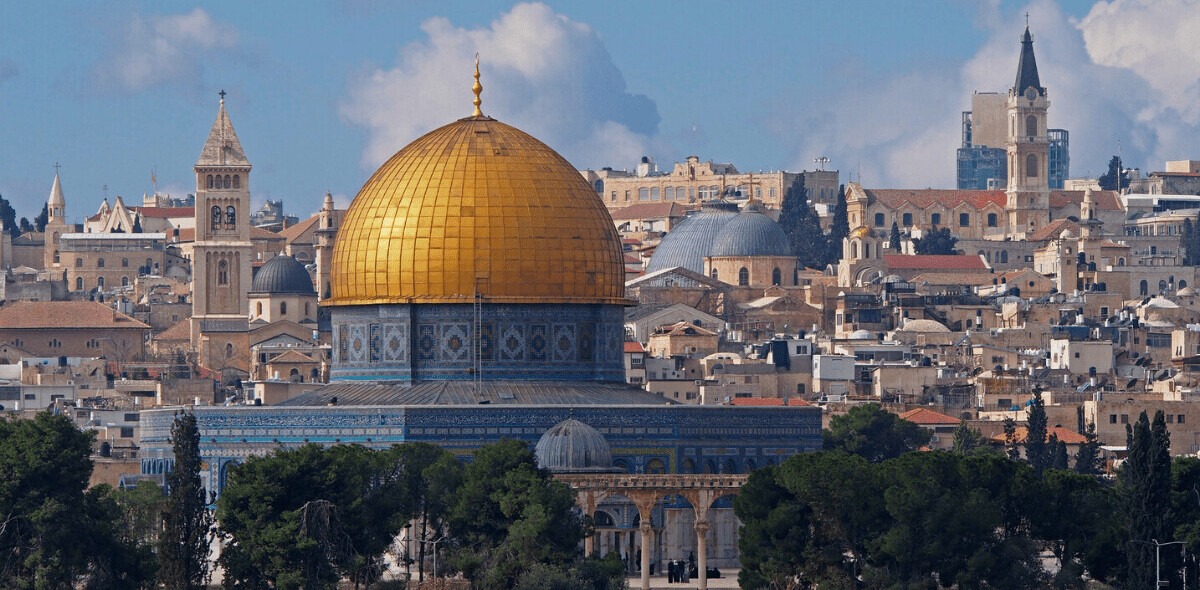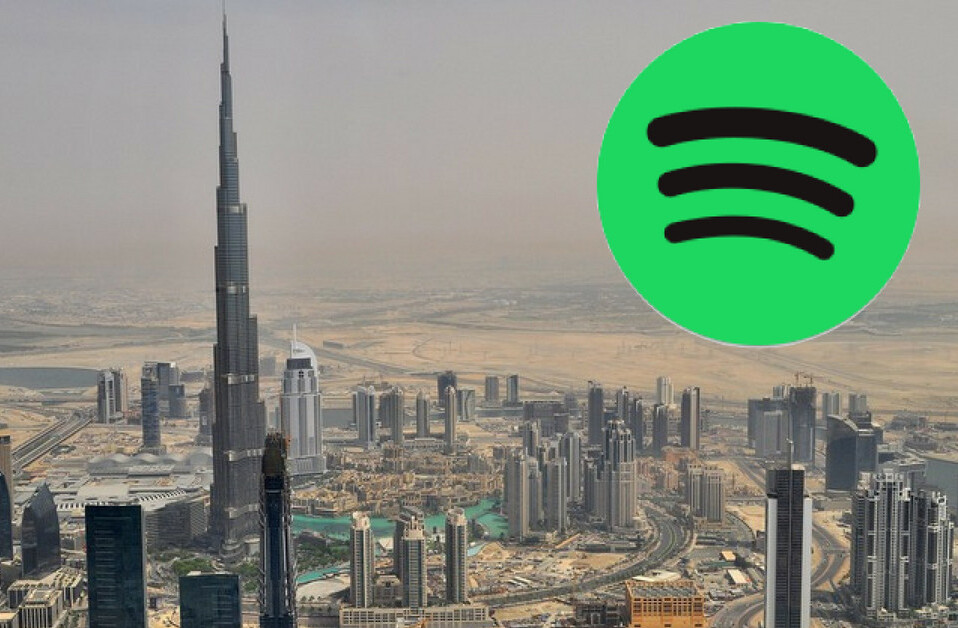
With exactly one year having passed since the uprising in Egypt began, unseating former president Hosny Mubarak, the streets of Cairo, and beyond, have seen a renewal of the movement’s energy and momentum.
With millions of Egyptians participating in protests in Tahrir Square, and marches throughout the city and country, Egypt’s protesters have shown that the fight is far from over. In the past few days, it has been hard not to get swept up in the remembrance of the first 18 days, which culminated in the end of Mubarak’s 30-year rule.
In the lead up to January 28, rumours that Egyptians were about to lose Internet and mobile connectivity were whizzing around the city, as friends and colleagues exchanged land line numbers, something they had never done before. It was a sobering moment, realizing our dependance on corporations for keeping us in touch with our loved ones. Conversations ended far more often with “stay safe”, words which suddenly took on a much more grave meaning than ever before.
On January 28, Egyptian Internet and mobile activity dropped to zero, with the exception of one small and somewhat unknown Internet provider, Noor. Whether it was overlooked or was intentionally spared by authorities is cause for speculation. Following the blackout, the companies stated that they had no choice but to comply, as Egyptian law placed the power in the hands of the authorities.
Some activists on Twitter have been calling for a one-day boycott of the mobile operators, while others have also added Internet service providers into the mix.
I’m gonna take advantage of the #vodafone#mobinil#etisalat#linkdsl boycott tomorrow to read a novel, haven’t done that in months#boycottornot
— Ahmed El Lozy (@ellozy) January 27, 2012
Egyptian mobile operators Vodafone, Etisalat and Mobinil came under harsh criticism, a backlash that continued to grow over the past year. Vodafone, in particular, has born the brunt of the attacks, which included having its Facebook page hacked.
Not only was Vodafone among the mobile operators who pulled the plug on January 28, it was also forced to send out a pro-government message to its subscribers. Worst of all, it came out with an advertisement in June which appeared to be taking credit for sparking the January 25 protests, unleashing a torrent of rage on the corporation.
While mobile users in Egypt realise they have no alternative than to stick with one of the three mobile operators, the move to unplug Egypt’s cell phones is not one that will be easily forgotten. Activists are planning a boycott for tomorrow, January 28, exactly one year after Egypt was plunged into mobile and Internet darkness.
Not all Egyptians are siding with the boycott, saying that it will do more harm than good, with a small discussion taking place under the hashtag #boycottornot.
Impractical & may be harmful to demonstrations & sit-ins at the moment. We can teach them a lesson on any give date we decide. #boycottornot
— Sherif Saadani سعدني (@ssaadani) January 27, 2012
The planned boycott in Egypt coincides with a call for a global boycott of Twitter tomorrow, in protest to its latest announcement that it will be censoring content based on user location, if it receives a valid claim from a governmental authority.
The Twitter boycott itself has been rejected by some Egyptians, including journalist Mona El Tahawy who tweeted that January 28 is not a good day for an Egyptian boycott of Twitter as it marks the one year anniversary of far too many deaths of Egyptian protesters.
Get the TNW newsletter
Get the most important tech news in your inbox each week.





